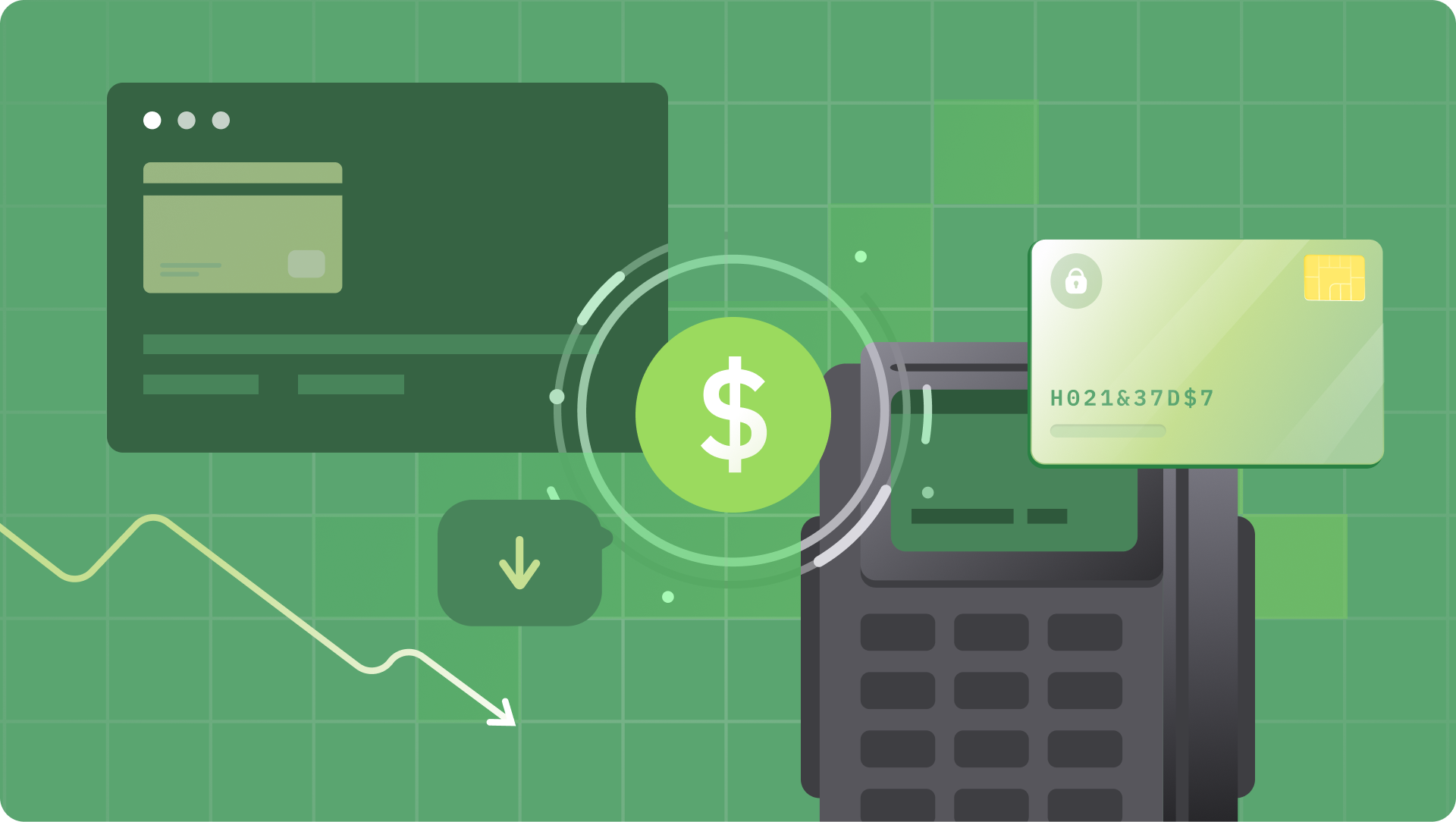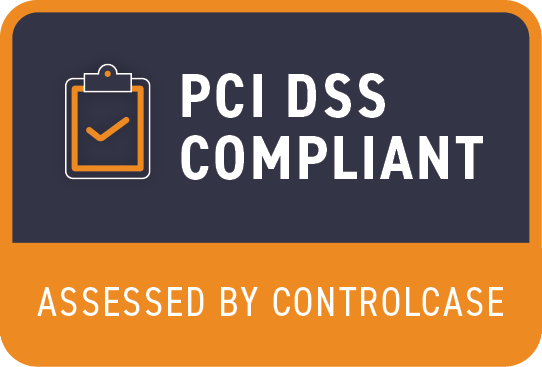What are Digital Wallets?
A digital wallet holds digital currencies like a physical wallet helps you store physical money. Today, there are different forms of digital money, ranging from traditional fiat currency (what we traditionally know of as money), supported by cards and bank accounts, to new-age digital currencies (Eg, Cryptocurrencies, stablecoins, tokens / NFTs, Central Banking Digital Currency - CBDCs) to "narrow money" such as reward points.
The Rise of Wallets
Wallets have seen a meteoric rise in their share in the last decade. As of 2021, digital and mobile wallets contribute to half of E-com payments and are expected to contribute 53% of payments by 2023, as per the FIS's global payments report 2022. The contribution of wallets varies across markets: Europe 27%, Asia-Pacific 69%, Middle East and Africa 31%, North America 31%, and Latin America 39%. Even in the offline POS world, wallets contribute to 29% of retail payments globally.
A Brief History of Digital Wallets
- PayPal, launched in 1999, is the first disruptive digital wallet. Initially, it was a tool to store payment credentials like cards and bank accounts. Later, it launched its closed-loop wallet to enable money transfers without instruments like cards or accounts. Now PayPal lets you store a variety of digital currencies, including crypto and loyalty reports.
- M-Pesa, introduced in Kenya in 2007 by a mobile phone operator, became a successful alternate payment method that revolutionized the digitization of payments and propelled financial inclusion in the country.
- Leading smart mobile players like Apple, Google and Samsung launched their wallet service to transform mobile devices into a wallet.
- Asia & emerging markets lead the launch and adoption of wallets as a payment option -- China (Alipay, WeChat Pay), Japan (PayPay, auPay), South East Asia (2C2P, Grab Pay), India (PayTM, PhonePe), Bangladesh (BKash), the Philippines (GCash), Brazil (Mercado), Africa (MTN, Orange)
- New-age wallets target young audiences in western markets. Examples include Cash App, Dwolla, Venmo, Zelle, etc.
Benefits of Offering Wallets as a Payment Option
If your primary market is Asia or any emerging markets, you can't escape wallets as they are the primary mode of online payments. In addition, they have a broad customer reach and coverage. Below are the benefits of offering wallets:
- Superior Payment Experience: Most wallets are linked to smartphones or created using easy-to-remember personal information like mobile numbers, email, etc. Wallets power convenience and fast checkouts. All popular wallets have heavily invested in giving users a seamless checkout experience. Repeat users get a one-click payment experience (after the wallets are linked to the E-com site).
- Improve Conversions: Apart from payment experience, wallets have invested heavily in branding and customer acquisition through online and offline channels. Top wallets have high brand recall and act as a symbol of trust for payments. Its reach, familiarity, UX, and branding increase conversions. Read more about improving conversions .
- Failed payments recovery: Wallets can be a savior when the regular card or account-based payments fail. Typically, wallets, especially closed-loop ones, have higher authorization rates than cards and bank account payments. Unlike wallets, cards/accounts involve interacting with multiple third parties to complete the transaction. Hence, auto-retry of payments using wallets could boost your revenue. Products like Hyperswitch's Smart Router can enable auto-retries for your business.
- Reduced Payment Processing Costs: Wallet payments are usually real-time; hence, settlement and fraud risks are lower. Though the processing costs of wallets vary widely, they are typically lower than credit cards or BNPL as there is no involvement of credit. Carefully evaluate the direct and hidden costs of offering a wallet before adding them.
Methods to offer Wallets as a Payment Option
- Direct integration with Wallet: Popular wallets like PayPal and Alipay give direct integration options for merchants. You can integrate through direct API or SDK. Doing it in-house requires effort in one-time integration and ongoing maintenance.
- Payment Processor Redirection: Payment processors offer the option of payment using top wallets. You can configure your payment processor to support specific wallets. Though it is easy to start, redirection from processors to wallets results in lower conversions. Evaluate the customer payment experience before taking this route.
- Using Orchestrators like Hyperswitch: It allows multiple integration options with wallets - direct or redirection or routing via the payment processor, depending on the merchant's preference. Products like Hyperswitch also allow you to customize the in-app payment experience using payment SDK to boost conversions.
Popular Digital Wallet Platforms
Below is a brief overview of popular wallets. Please review the wallet's website and developer docs before making a final choice. You can read about integrating them using hyperswitch here.

PayPal
It is one of the oldest and most popular wallets, with over 350 million users. Given its reach and brand recall, it must be offered for any global business. The PayPal wallet securely stores customers' cards or bank accounts for easy payments. It allows both API and SDK integration. You can directly integrate with PayPal or through processors like Adyen and Braintree. Unfortunately, Stripe doesn't have PayPal as a payment option. However, you can use Hyperswitch's stripe wire compatibility feature to add PayPal without additional effort.
Apple Pay
Apple pay has made payments very smooth for iPhone users. Users can make fast, contactless, and secure payments by adding credit or debit cards to the wallet app. Integrating Apple Pay as a payment option in your website can be made through payment processors or direct integrations provided by Apple.
Google Pay
Like Apple Pay, it enables seamless payments using mobile phones, watches, or tablets. Unlike Apple pay, Google Pay has more customization across markets and supports more local payment methods (Eg. UPI in India). Again, integration with Google pay has similar options to Apple Pay - through payment processors or direct.
Alipay
Founded 18 years ago, it is the world's largest digital wallet, with 1.3 billion users and accepted by over 80 million merchants. It is owned and operated by China's Alibaba Group. It is the market leader in payments in China and other cross-border transactions involving China. Alipay, as a payment option, is offered by all top payment processors.
WeChat Pay
It is the digital wallet provided by China's largest chat and commerce app. It allows users to make both P2P and merchant payments. It has more than 900 million users. Users can link their Chinese bank accounts or cards from Visa, MasterCard, and JCB. Integration is easier through payment processors.
Cryptocurrencies
The concept of decentralized value storage has gotten great attention. Crypto as a payment option is gaining traction in categories like gaming, digital goods, cross-border payments, etc. There are more than 100 million blockchain wallet users, and it is growing steadily. You can use mainstream payment processors like Stripe or specialized processors like OpenNode, BitPay, and Finrax to accept crypto payments.
Takeaways
- Globally, digital and mobile wallets have become the dominant mode of online payments.
- Wallets have multiple benefits to merchants - good customer experience, improved conversions, and possibly lower processing costs.
- You should offer them to improve the reach of your online business. You can integrate directly into your site/app or through a payment processor or orchestrator.
- Top wallets to evaluate for your business: PayPal, Apple Pay, Google Pay, Alipay, WeChat Pay








